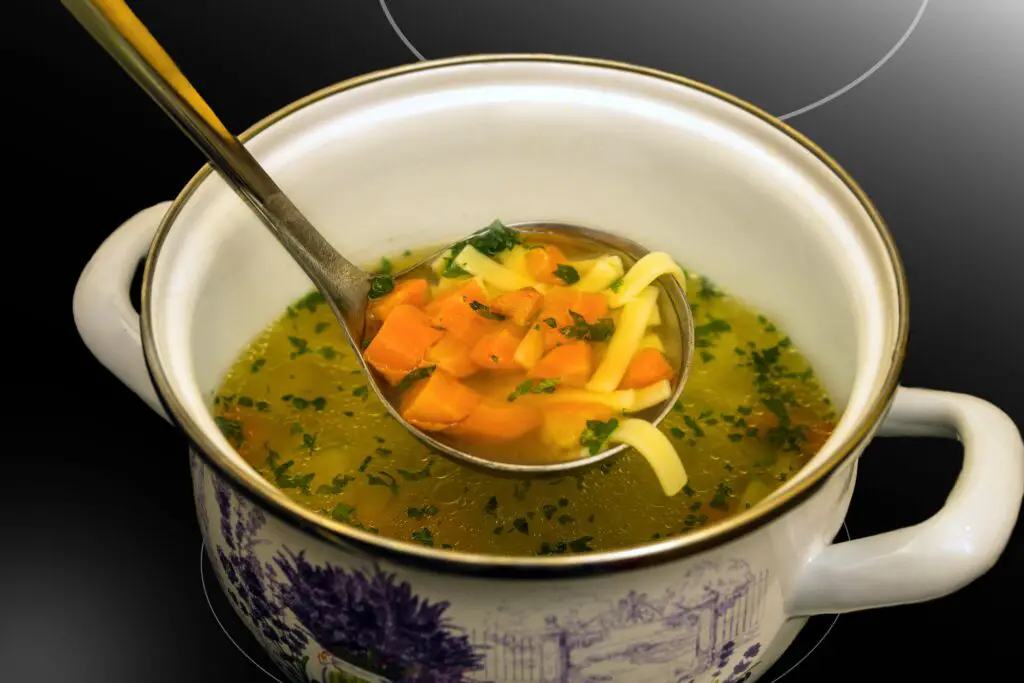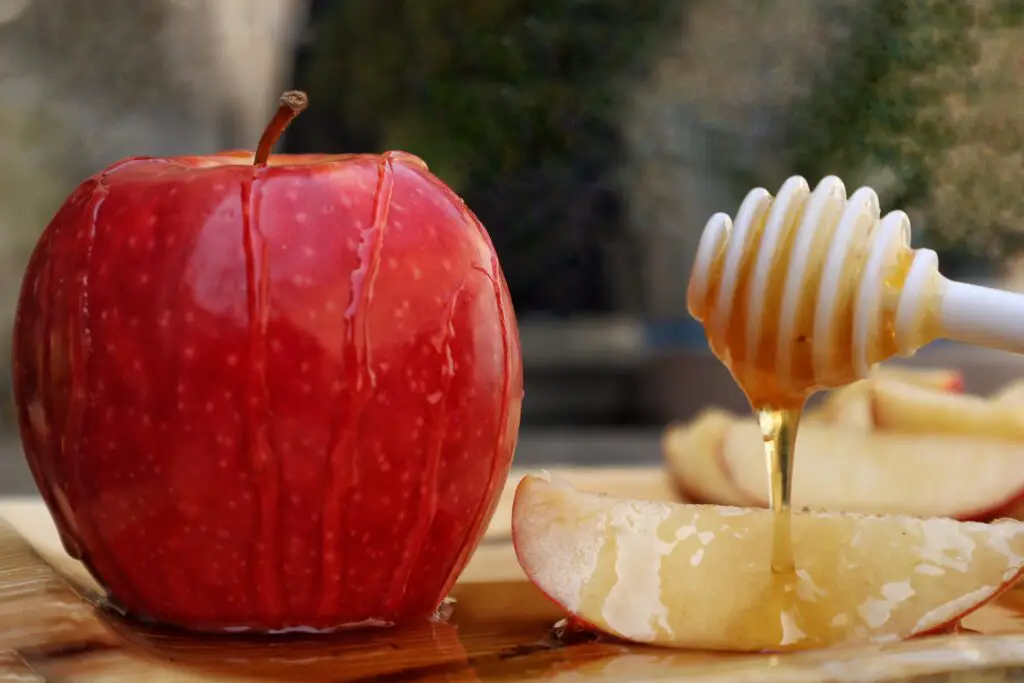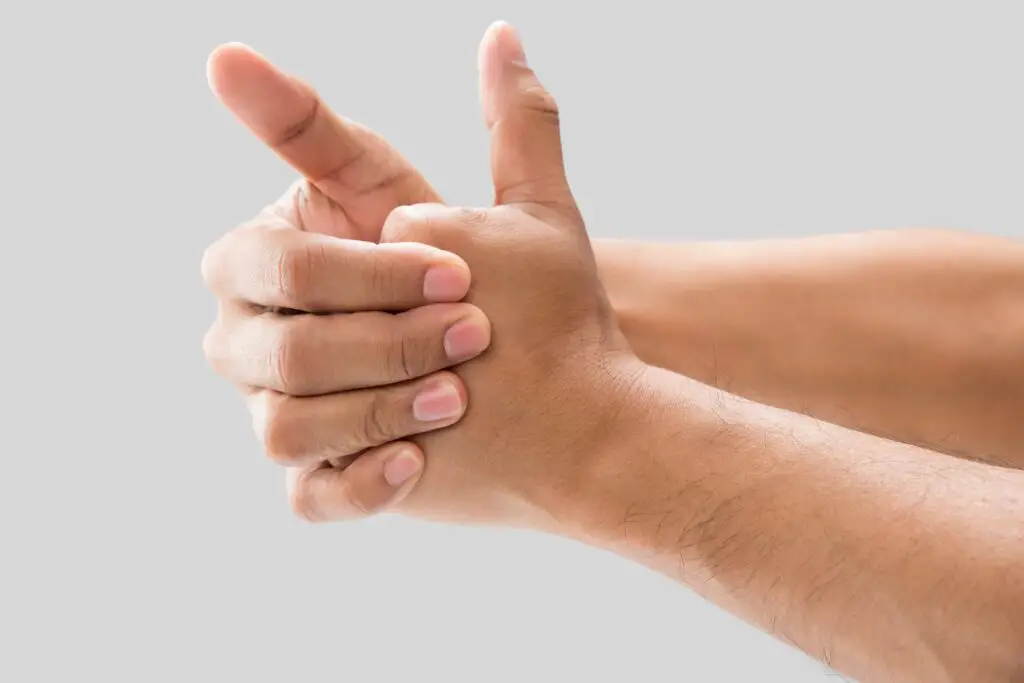1. Drinking Milk for Strong Bones

For generations, we’ve heard that drinking milk helps keep your bones strong, a sentiment often passed down by parents who warned of osteoporosis. It turns out, science does support this idea, but with a twist. Research shows that milk is a good source of calcium and vitamin D, which are crucial for bone health. Regular consumption of these nutrients can reduce the risk of fractures and bone loss as we age.
However, while milk is beneficial, it’s not the only food that supports bone health. Other foods like leafy greens, fortified cereals, and fish also contribute to stronger bones. So, while the advice about milk isn’t wrong, it’s important to remember that a balanced diet with diverse sources of calcium is key.
2. Chicken Soup for a Cold

“Chicken soup helps cure a cold,” is one of those old sayings that many people grew up hearing, especially when feeling under the weather. Surprisingly, science has found that chicken soup can actually help alleviate cold symptoms. It works by acting as a natural decongestant and can help reduce inflammation in the upper respiratory tract. The warm broth soothes a sore throat and provides hydration, both of which are essential when battling a cold.
Additionally, chicken contains cysteine, an amino acid that helps break down mucus, potentially easing congestion. While it might not be a miracle cure, it certainly provides comfort and relief. So, the next time you have a cold, reaching for a bowl of chicken soup may indeed be a soothing remedy backed by science.
3. An Apple a Day Keeps the Doctor Away

This classic saying is more than just a catchy rhyme; it actually has roots in truth. Apples are packed with vitamins, fiber, and antioxidants, all of which play a role in maintaining good health. Studies have shown that eating apples regularly can help reduce the risk of chronic diseases like heart disease and diabetes. The high fiber content promotes digestive health, while antioxidants protect against cell damage.
While an apple alone won’t prevent all illnesses, its nutrient profile does contribute to overall well-being. Eating a variety of fruits and vegetables is important for health, but apples certainly live up to their reputation as a beneficial fruit. So, the next time you’re looking for a healthy snack, an apple may just be the ticket.
4. Going Outside with Wet Hair Will Make You Sick

Many of us were warned as children that going outside with wet hair would inevitably lead to catching a cold. While it’s not exactly the hair that’s the issue, there’s a bit of science behind this old belief. Exposure to cold weather can weaken your immune system, making you more susceptible to viruses. Wet hair in cold temperatures can also make you feel colder faster, which might cause discomfort and stress on your body.
However, it’s not directly the wet hair causing sickness. Colds are caused by viruses, and being in close contact with sick people is the primary mode of transmission. Still, staying warm and comfortable in cold weather is important to avoid putting unnecessary strain on your body, making this old wives’ tale a half-truth.
5. Cracking Your Knuckles Causes Arthritis

We’ve all been scolded for cracking our knuckles with the warning that it would lead to arthritis down the road. While the sound is unpleasant to some, science doesn’t fully agree with the claim. Studies have shown that cracking your knuckles does not cause arthritis, but it may cause some temporary discomfort in the joints. The popping noise comes from gas bubbles rapidly collapsing within the joint.
However, while knuckle cracking isn’t linked to arthritis, it’s not completely without consequence. Frequent cracking could irritate the soft tissues around your joints, potentially leading to inflammation or swelling over time. So, while it doesn’t cause arthritis, it’s still something to be mindful of for joint health.
6. Eating Carrots Improves Your Vision

The idea that eating carrots improves vision comes from World War II propaganda, but there’s some truth to it. Carrots are high in beta-carotene, a type of vitamin A that is essential for maintaining good eyesight. Vitamin A helps keep the cornea, the outer layer of the eye, in good health. A deficiency in this vitamin can lead to vision problems, including night blindness.
However, eating more carrots won’t magically improve your vision if you don’t already have a deficiency. While carrots contribute to eye health, they are just one part of a balanced diet. Other foods like leafy greens and fish also support eye health, so carrots alone won’t be your vision savior.
7. Sitting Too Close to the TV Will Ruin Your Eyesight

As kids, many of us were warned that sitting too close to the television would damage our eyesight. While it’s unlikely to cause permanent damage, there is some truth to the idea that prolonged close viewing can strain your eyes. When you sit too close to a screen, your eyes have to work harder to focus, which can lead to eye fatigue and discomfort.
Modern research supports the idea that too much screen time can contribute to digital eye strain, which can cause dry eyes, headaches, and blurred vision. While sitting close to the TV won’t permanently damage your eyes, taking breaks from screen time is essential to avoid strain. So, it’s not a complete myth—just an over-exaggeration of the potential effects.
